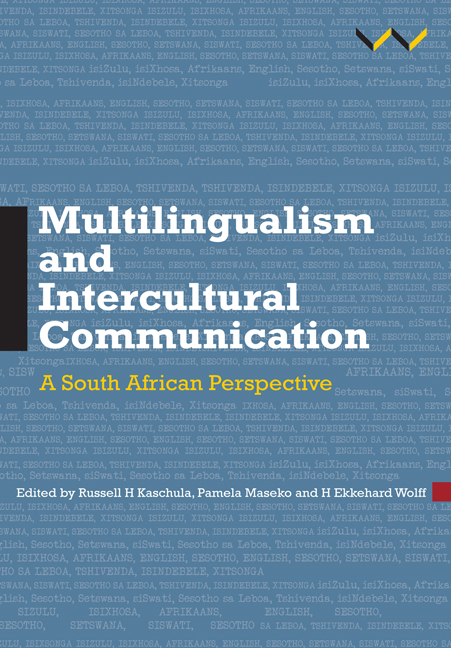Book contents
- Frontmatter
- Contents
- Tables and figures
- Preface
- Abbreviations and acronyms
- Central terms and concepts
- Introduction
- Prologue: The essentialist paradox in intellectual discourse on African languages
- Part One African language empowerment: concept formation and intellectualisation
- Part Two Language planning, terminology development and dictionaries
- Part Three Language in education
- Part Four Language in the professions: law, media, science and language technology
- 11 Language and law: ‘cultural translation’ of narratives into sworn statements
- 12 Language and media: isiXhosa in Journalism and Media Studies at a South African university
- 13 Using African languages to teach Science in higher education
- 14 The development of language technologies in the South African context
- Part Five Language, culture and intercultural communication
- Acknowledgements
- Contributors
- Index
14 - The development of language technologies in the South African context
from Part Four - Language in the professions: law, media, science and language technology
Published online by Cambridge University Press: 23 March 2018
- Frontmatter
- Contents
- Tables and figures
- Preface
- Abbreviations and acronyms
- Central terms and concepts
- Introduction
- Prologue: The essentialist paradox in intellectual discourse on African languages
- Part One African language empowerment: concept formation and intellectualisation
- Part Two Language planning, terminology development and dictionaries
- Part Three Language in education
- Part Four Language in the professions: law, media, science and language technology
- 11 Language and law: ‘cultural translation’ of narratives into sworn statements
- 12 Language and media: isiXhosa in Journalism and Media Studies at a South African university
- 13 Using African languages to teach Science in higher education
- 14 The development of language technologies in the South African context
- Part Five Language, culture and intercultural communication
- Acknowledgements
- Contributors
- Index
Summary
Maseko et al. (2010) make a strong case for the promotion of the African languages on the Web. They specifically also refer to the role of information and communication technology (ICT) and, without naming it as such, they make a link to a specific type of language technology:
The combination of African languages and ICT can help to increase epistemological access to information stored on the Web (Ngcobo 2009). For example, in combination with text-to-speech technology, Web resources in African languages could contribute to addressing the problem of illiteracy. (Maseko et al. 2010: 316)
They continue to present an overview of the (limited) presence of African languages on the internet and, inter alia, address issues regarding stakeholders that have a role to play in promoting access to the internet in African languages: government, non-governmental organisations, universities and users (Maseko et al. 2010). The presence of African languages on the internet has increased to some extent over the last five years, while simultaneously significant and positive strides have been made in research and development in language technologies (LTs) in the South African context.
The aims of this chapter are to provide a perspective on the role of stakeholders in developing technologies and promoting access to African languages on the Web; to discuss some prerequisites for developing and implementing LTs to the benefit of the users of the nine official African languages of South Africa; and, finally, to focus on new challenges arising from the presence of big data.
Language technologies
Language technologies are enabling technologies that facilitate interaction between humans and computer systems, or between humans and humans through the use of natural language by computer systems. We are constantly implementing LTs in one way or the other, whether we are aware of it or not. Consider the frequent use of spelling or grammar checkers, or searching for information on a topic on any web-based search engine. The mere use of text queries in a web-based search engine implies a form of LT.
- Type
- Chapter
- Information
- Multilingualism and Intercultural CommunicationA South African perspective, pp. 262 - 280Publisher: Wits University PressPrint publication year: 2017

